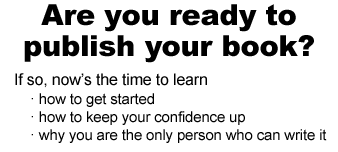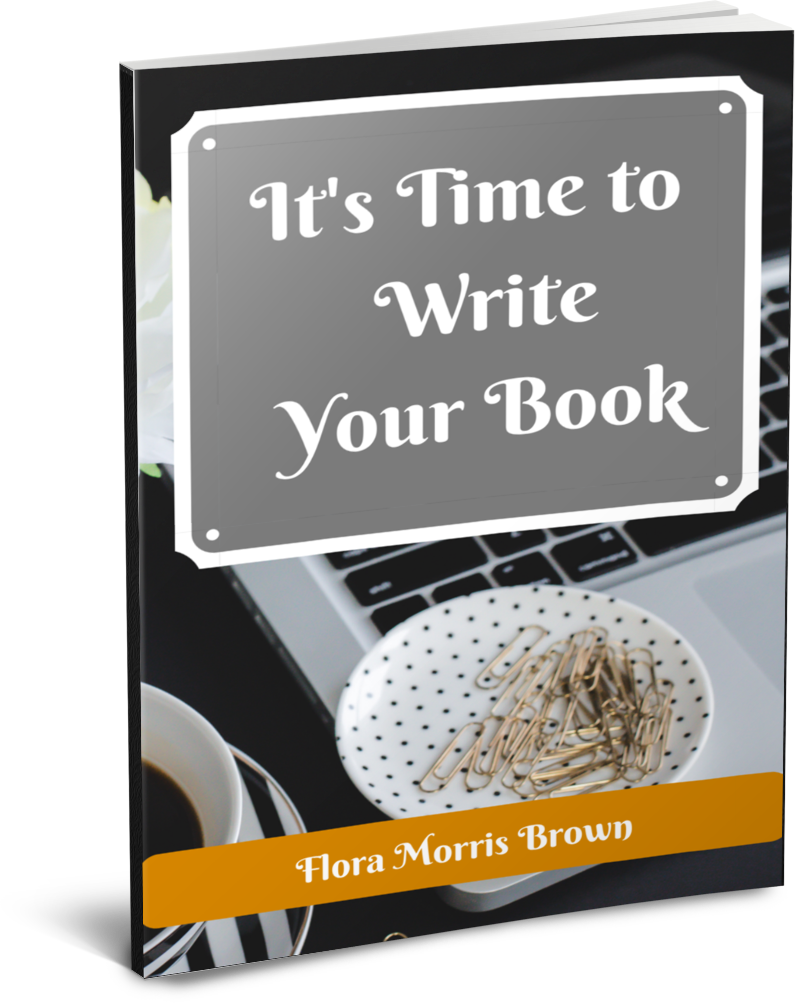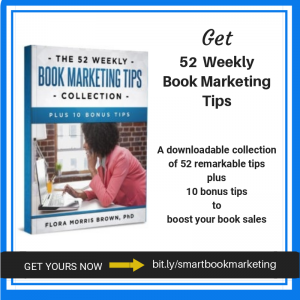 Writers, It’s time to laugh at ourselves.
Writers, It’s time to laugh at ourselves.
*****
A visitor to a certain college paused to admire the new Hemingway Hall that had been built on campus.
“It’s a pleasure to see a building named for Ernest Hemingway,” he said.
“Actually,” said his guide, “it’s named for Joshua Hemingway. No relation.”
The visitor was astonished. “Was Joshua Hemingway a writer, also?”
“Yes, indeed,” said his guide. “He wrote a check.”
*****
A linguistics professor was lecturing to his English class one day. “In English,” he said, “a double negative forms a positive. In some languages, though, such as Russian, a double negative is still a negative. However, there is no language wherein a double positive can form a negative.”
A voice from the back of the room piped up, “Yeah, right.”
*****
There was once a young man who, in his youth, professed his desire to become a great writer.
When asked to define great, he said, “I want to write stuff that the whole world will read, stuff that people will react to on a truly emotional level, stuff that will make them scream, cry, howl in pain and anger!”
He now works for Microsoft writing error messages.
*****
A screenwriter comes home to a burned down house. His sobbing and slightly-singed wife is standing outside. “What happened, honey?” the man asks.
“Oh, John, it was terrible,” she weeps. “I was cooking, the phone rang. It was your agent. Because I was on the phone, I didn’t notice the stove was on fire. It went up in second. Everything is gone. I nearly didn’t make it out of the house. Poor Fluffy is–”
“Wait, wait. Back up a minute,” The man says. “My agent called?”
*****
How many mystery writers does it take to change a light bulb? Two. One to screw the bulb almost all the way in, and one to give a surprising twist at the end.
*****
From the pen of Paul Ogden
- A chicken crossing the road is poultry in motion.
- A backward poet writes inverse.
- No matter how much you push the envelope, it’ll still be stationery
*****
From http://bit.ly/N4pjcW
A Spanish speaking bandit held up a bank in Tucson. The sheriff and his deputy chased him. When they captured him, and the sheriff, who couldn’t speak Spanish, asked him where he’d hidden the money. “No sé nada,” he replied.
The sheriff put a gun to the bandit’s head and said to his bi-lingual deputy: “Tell him that if he doesn’t tell us where the money is right now, I’ll blow his brains out.”
Upon receiving the translation, the bandit became very animated. “¡Ya me acuerdo! Tienen que caminar tres cuadras hasta ese gran arbol: allí está el dinero.”
The sheriff leaned forward. “Yeah? Well..?”
The deputy replied: “He says he wants to die like a man.”
Can you add a joke or funny thought about writers, writing or language to this pitiful collection?












